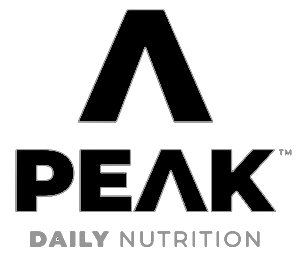When most people think of creatine, they picture athletes, weightlifting, and muscle gains. But creatine isn’t just for the gym - it’s also a powerful ally for your brain. While it’s well-known for enhancing physical performance, creatine plays a vital role in cognitive function and mental energy as well.
What creatine does for your brain
Creatine helps the body produce adenosine triphosphate (ATP), the primary energy source for cells. In the brain, ATP fuels essential functions such as focus, concentration, memory, processing speed, and resilience to stress. Simply put, more ATP means sharper thinking—especially when you're under pressure or feeling fatigued.
Cognitive benefits of creatine
Research has shown that creatine supplementation can enhance memory, focus, mental clarity, reaction time, and processing speed. It also helps reduce mental fatigue. Early studies suggest that creatine may support brain health as we age and could potentially play a role in managing neurodegenerative conditions, although more research is needed in this area.
Who benefits most from creatine?
Certain groups may see even greater cognitive benefits from creatine. For example, vegetarians and vegans often have lower levels of creatine in the brain due to the absence of animal products in their diets. Supplementing with creatine may help boost their mental performance.
Older adults may also benefit, as creatine supports energy metabolism in aging brains and may help slow cognitive decline. However, it’s important for this group to monitor kidney function before starting supplementation.
Students and individuals under high stress can use creatine to improve focus, memory, and resistance to mental fatigue - making it a great tool for those facing intense cognitive demands. Even athletes can benefit beyond the physical, as creatine enhances mental performance under stress and fatigue.
How much creatine should you take?
For brain support, a daily dose of 2 to 3 grams of creatine monohydrate is typically recommended. For physical performance, the standard dose is 5 grams per day. Creatine monohydrate is the most researched and effective form available.
For example, a product like PEAK Creatine Salts delivers 5 grams per serving, supporting both cognitive and physical performance. As always, consult a healthcare provider before starting any supplement, especially if you have kidney concerns or other medical conditions.
Final takeaway: Boost your mind and body
Creatine isn’t just for gym-goers. When combined with good sleep, hydration, nutrition, and regular exercise, it becomes a powerful tool for enhancing both mental clarity and physical energy.













